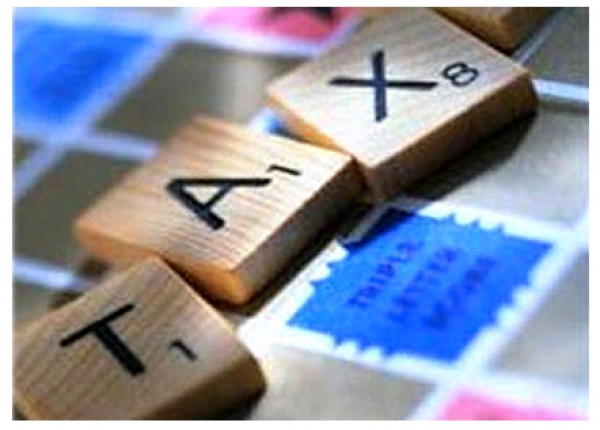"We agree with a tax for unused land because that will force landlords to manage their property and distribute it for others to use, which will increase the value of the land," said Kanda Group chief executive Issara Boonyoung, and adviser to the Housing Business Association.
He said that if landlords sitting on unused property had to pay tax on it, that would introduce a cost that might give them incentive to put it on the market.
However, such a tax would have little impact on land prices, which are primarily determined by location and market demand, SC Asset Corporation CEO Kree Dejchai said.
On Tuesday, Fiscal Policy Office director-general Somchai Sujjapongse told a seminar on "Impacts of Fiscal Policy and Public Sector Investment on the Thai Property Market Development", held by the Real Estate Information Centre, that Finance Minister Kittiratt Na-Ranong had approved the measure. It is included in a draft bill on land and building taxes that the minister wants imposed as soon as possible.
The FPO expects to conclude guidelines on this issue by year-end before the bill is forwarded to the House of Representatives to consider.
Somchai added that this tax on unused land had been in the pipeline for more than a decade. The tax would be assessed on land and buildings based on their use and under rate structures set by local authorities.
The draft bill, which was first proposed when the Democrat Party was in power, calls for penalty tax rates to be assessed on unused land to deter speculators. The rates would start at 0.5% of the value of land and buildings in the first year and double every three years to a maximum rate of 2%. That maximum may not be high enough to deter land speculation, Somchai said.
The government wants to legislate the tax to support broader policies aimed at easing wealth inequality as well as encouraging landowners to use their property more efficiently and productively, he said.
The National Economic and Social Development Board recently said people aged 65 and over would account for 20% of Thailand's population by 2021. Hence tax revenue in the future will depend less on individual incomes and more on consumption and wealth assets, such as land.
In another idea to narrow the income gap, the FPO has studied a negative income tax. This would be a progressive income-tax system where people earning below a certain amount received supplemental pay from the government instead of paying taxes to the government, Somchai said.


